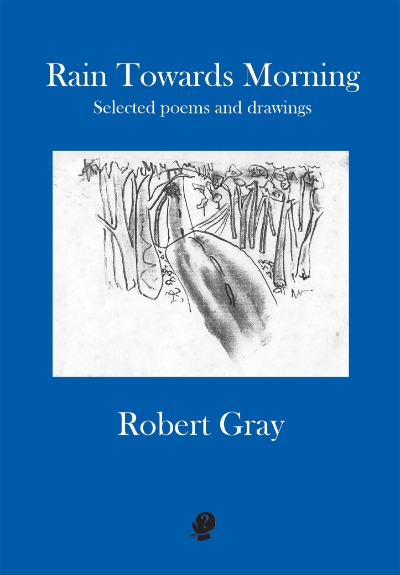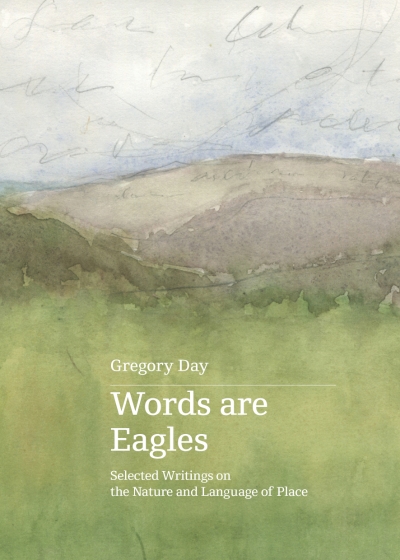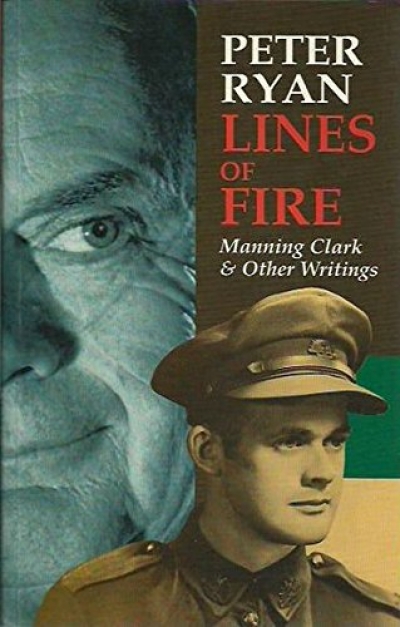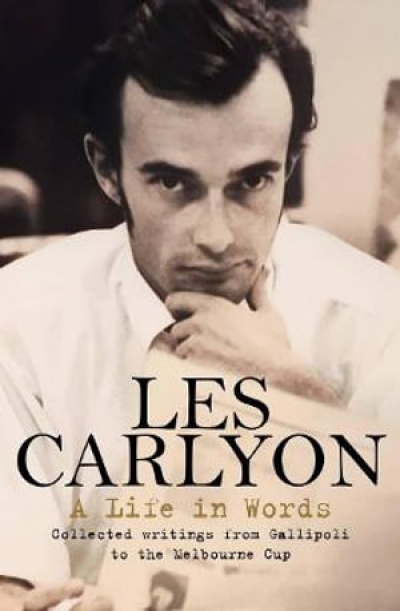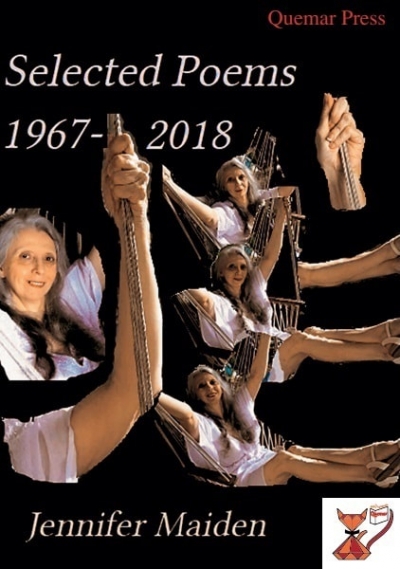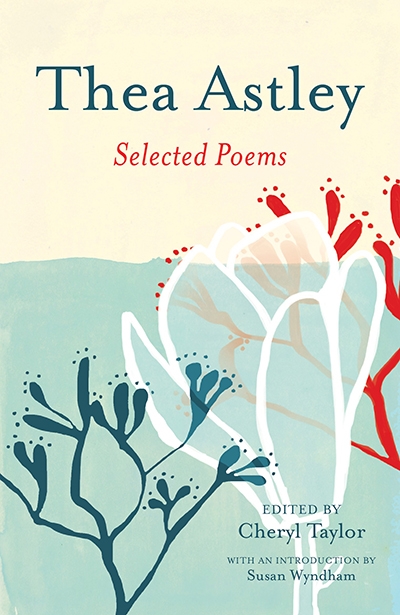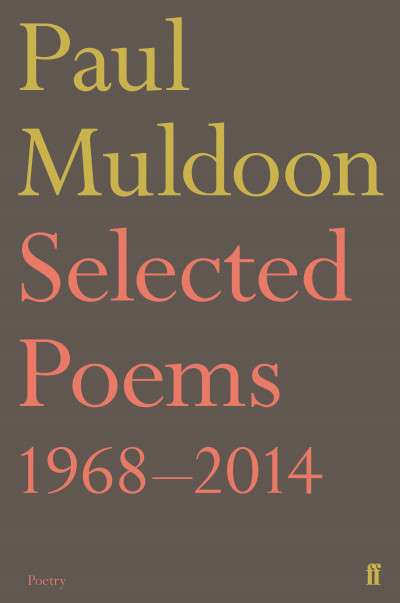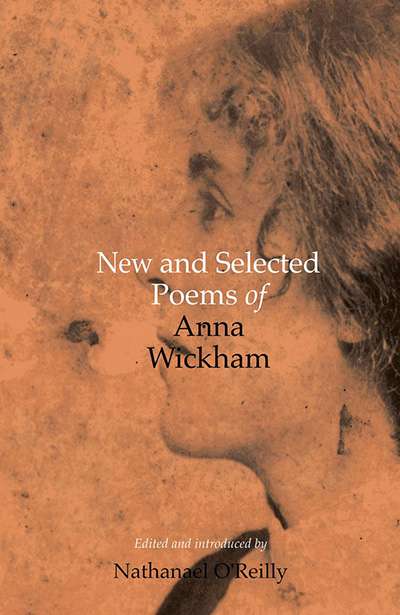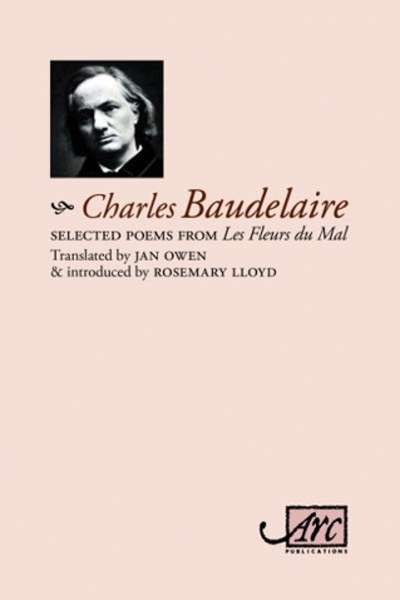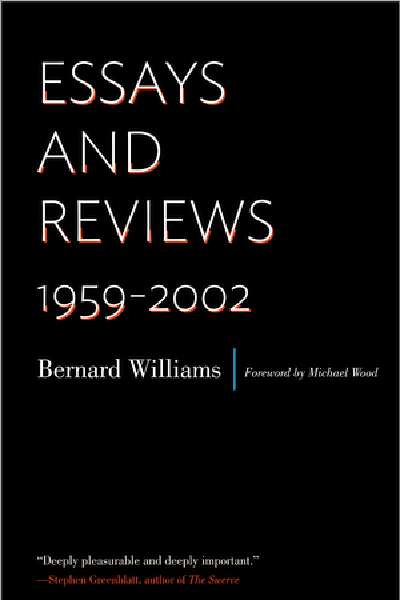Selected Writings
Rain Towards Morning: Selected poems and drawings by Robert Gray
by Judith Beveridge •
Words Are Eagles: Selected writings on the nature and language of place by Gregory Day
by Tom Griffiths •
Lines of Fire: Manning Clark and Other Writings by Peter Ryan
by Peter Pierce •
A Life in Words: Collected writings from Gallipoli to the Melbourne Cup by Les Carlyon
by Seumas Spark •
New and Selected Poems of Anna Wickham by Nathanael O’Reilly
by Susan Sheridan •
Selected Poems from Les Fleurs du mal by Charles Baudelaire, translated by Jan Owen
by Brian Nelson •

